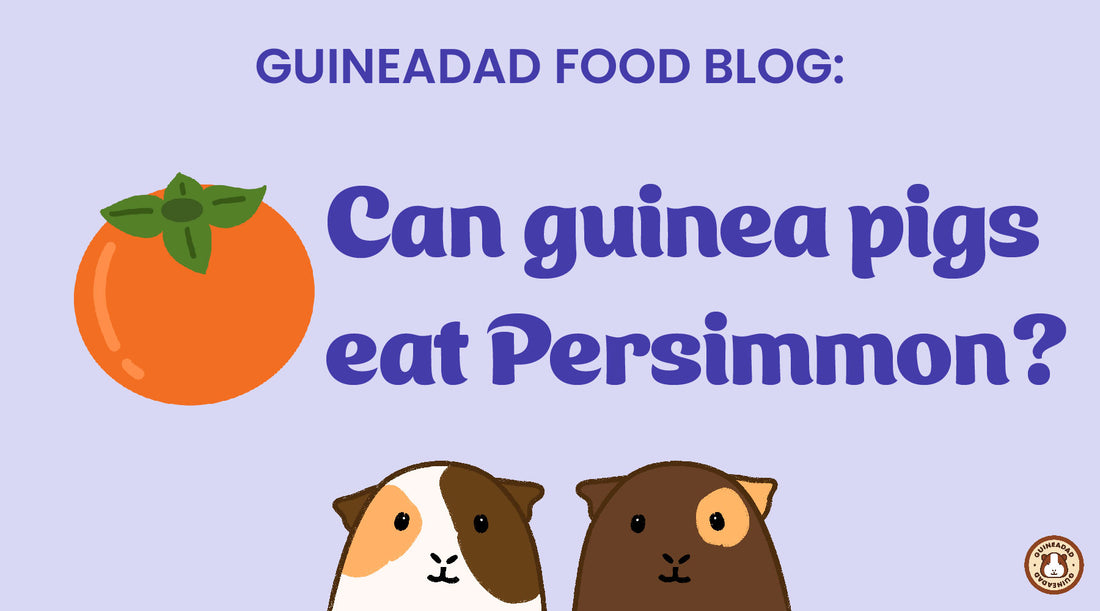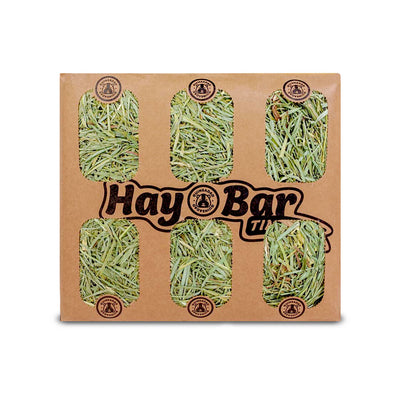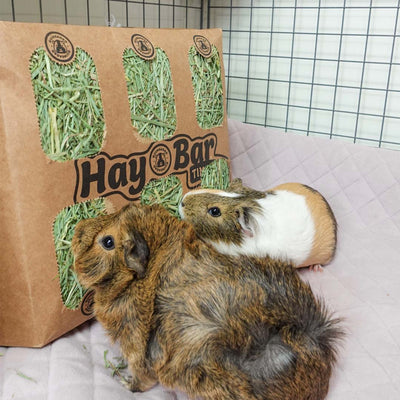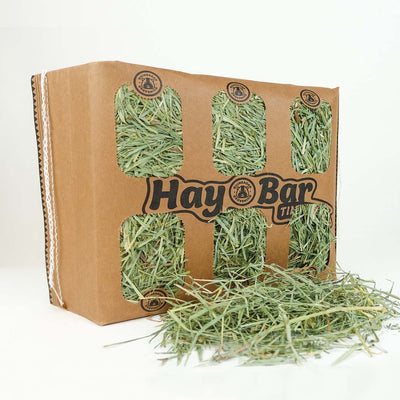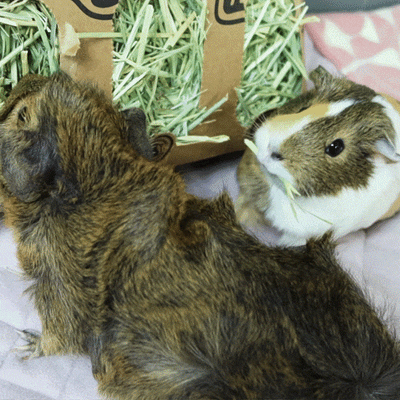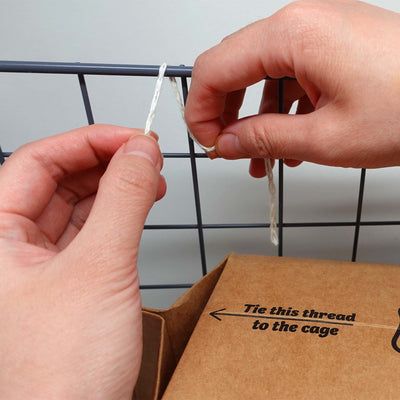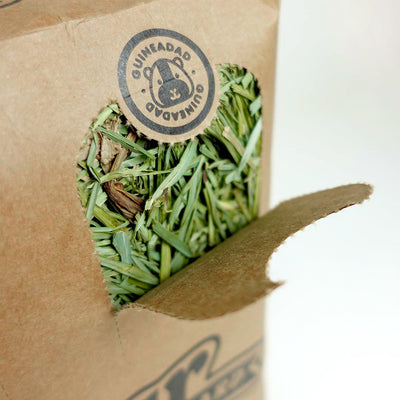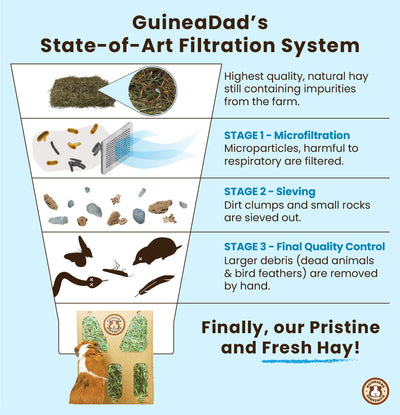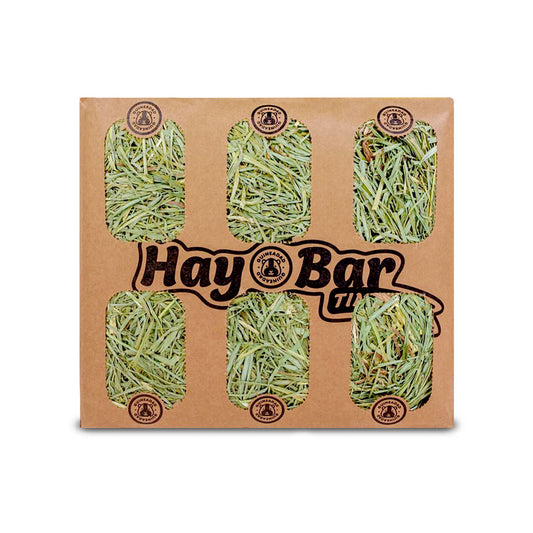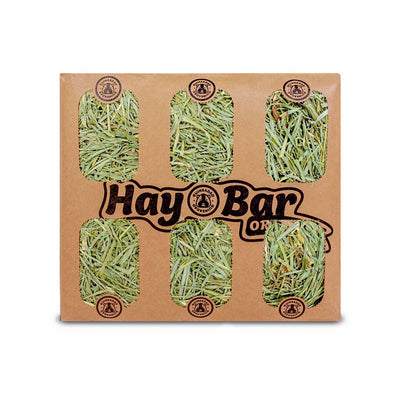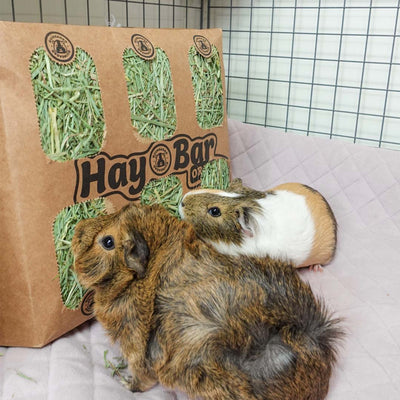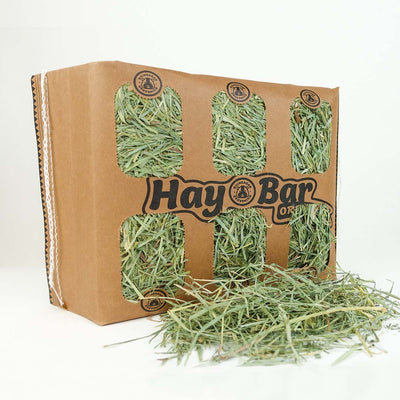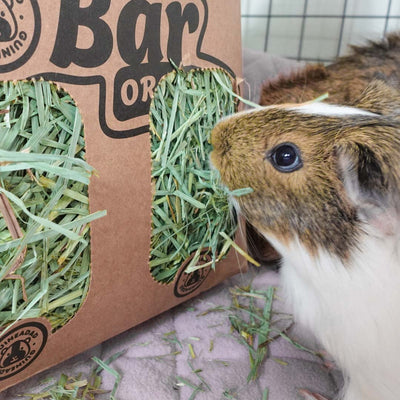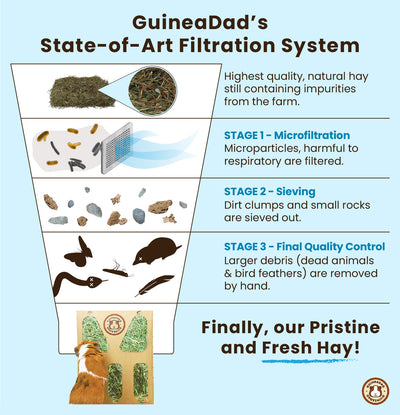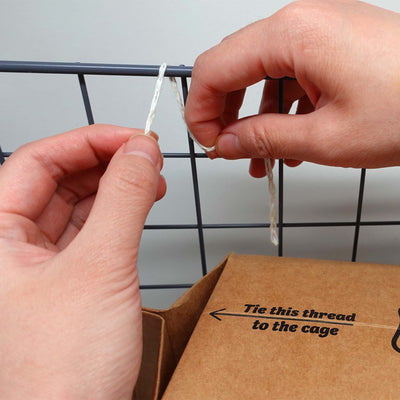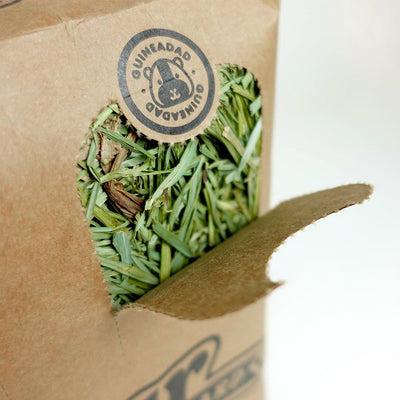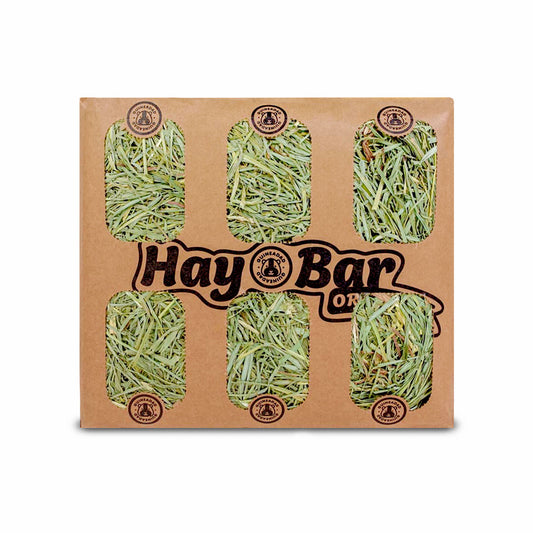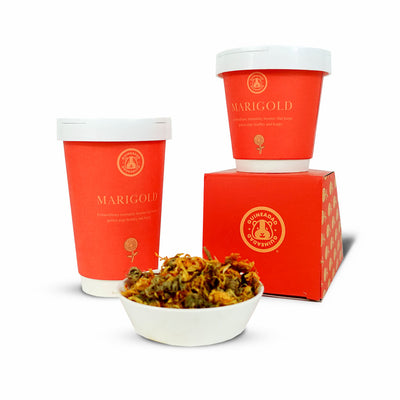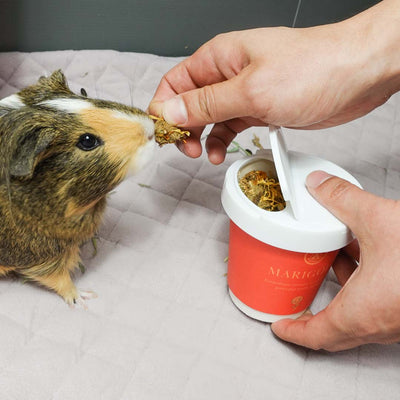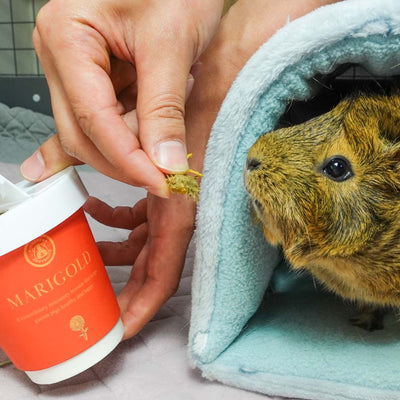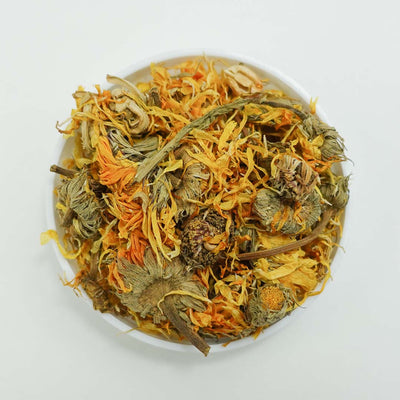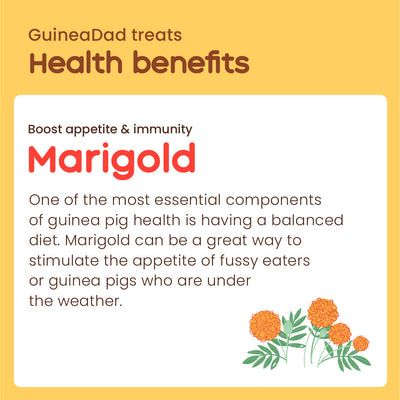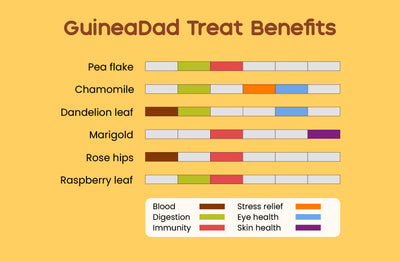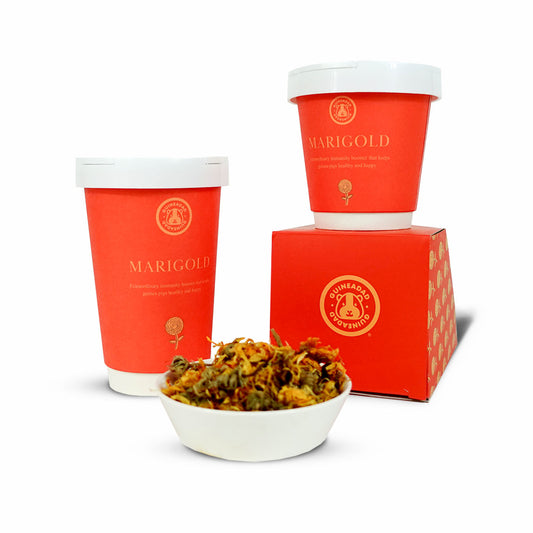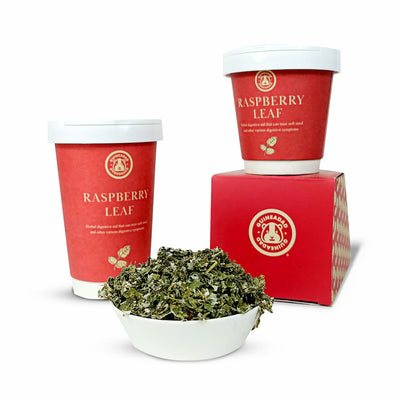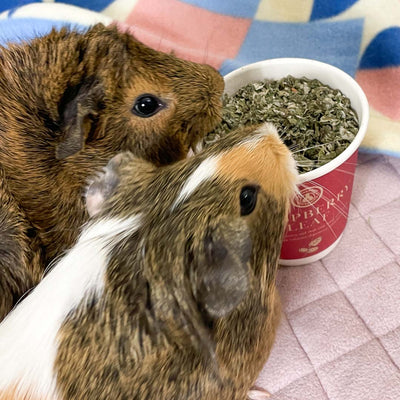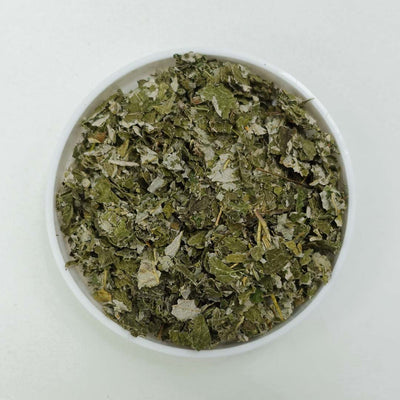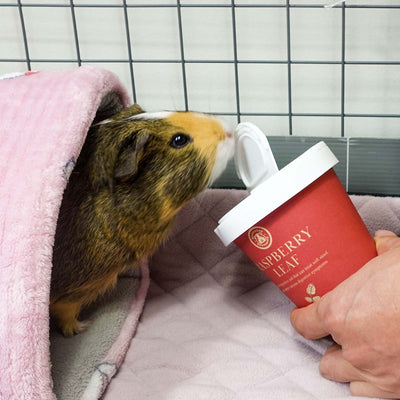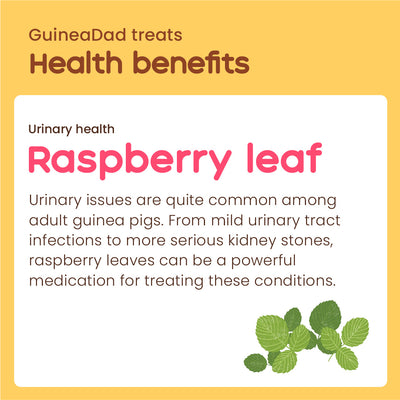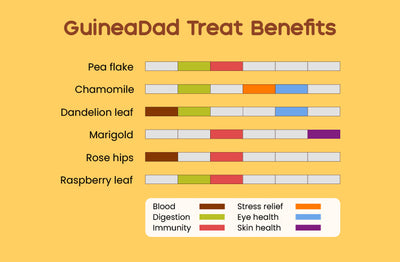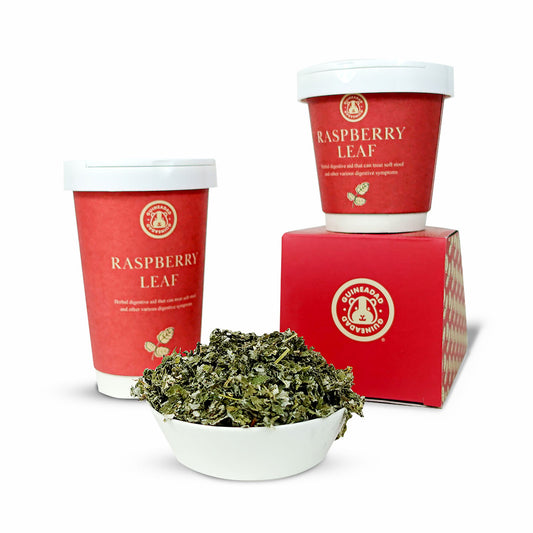Guinea pigs can eat persimmon in very, and we mean very, small servings and infrequently! There are some benefits to including this fruit into your guinea pig's diet, but there are drawbacks that you should also consider before making a decision.
We've also got a Fruit Master List that lists common fruits that your piggy can and can't eat!
What vitamins and other nutrients do persimmons contain?
Vitamin C
This can help boost immunity, and it also helps the body form blood vessels, cartilage, muscle, and collagen in bones. That’s right—vitamin C plays a role in things like cartilage and muscle formation. This is important because it ensures that your guinea pig’s joints are able to move and function properly and comfortably.
Muscle formation is also important so your guinea pigs are able to be as active as they can be no matter at what age. The key to staying healthy for them is staying active throughout their lives! It also helps protect against free radicals! There is 12.6 mg in 100 g of persimmon.
Potassium
This helps your guinea pig’s nerves function and the muscles to contract. People underestimate how important the nerves are whether it’s the human nerves or piggy nerves!
The nerves and the brain practically control everything that your guinea pig does, especially when it comes to things that they can’t manually control, such as breathing and such. It’s also helpful for moving waste out of cells, and bringing nutrients in. There is 270.5 mg in 100 g of persimmon.
Phosphorus
This plays a big role in how the body properly uses carbohydrates and fats! Don’t underestimate the importance of carbs! They’re part of what fuels your guinea pig, and they’ll need these consistent bursts of energy for those zoomies and the popcorning that we love to take photos and videos of. It’s also necessary for making proteins for growth, maintenance, and repair of cells and tissues.
It’s important that your guinea pig’s body is able to repair and replace cells and tissues in order for their body to recover from infections to minor injuries on their skin. There is 28.6 mg in 100 g of persimmon.

What other benefits do persimmons provide for your guinea pig?
Persimmons have tons of antioxidants with a bunch of different great benefits for your guinea pig! They’re especially good for maintaining your piggy’s vision and can also help decrease blood pressure. This fruit also has magnesium, which is good for reducing inflammation, strengthening bones, and maintaining blood sugar levels.
What are the downsides about persimmons for guinea pigs?
Unfortunately, persimmons contain a lot of calcium, which can lead to urinary tract issues. This is why it’s important to rarely give this fruit to your guinea pig even though it’s delicious to them! The fruit is also high in sugar, which can lead to some discomfort in their bellies since they can’t process sugar fully the way we can.
Also, it’s important to keep in mind that while consuming dietary fiber is good for their digestive system, too much can also lead to constipation—balance is key!
Guinea pigs can eat persimmons, but do they like it?
Yes, they’re sweet and crunchy—two of guinea pigs’ favorite food traits!
How should you go about feeding your guinea pig persimmons?
We meant it when we said very small portions! Avoiding any possible health issues and side effects are our number one priority. One, half-inch slice once a month is the maximum amount that you should be giving them!

Overall, it is OK to feed your guinea pigs persimmons!
However, it is important to strictly limit the amount that they have in order to keep them not only happy and healthy, but safe—a well-researched and balanced diet is the best way to achieve this.
What else can guinea pigs eat?
Check out our Fruit Master List for quick facts on common fruits that your guinea pig can and can't eat.


